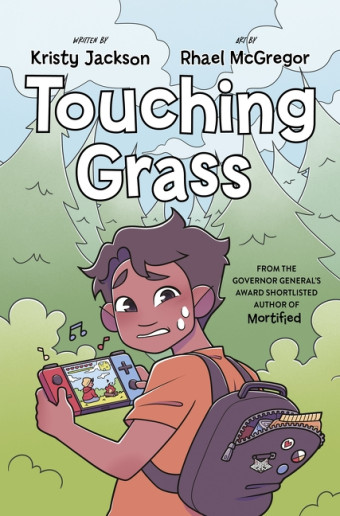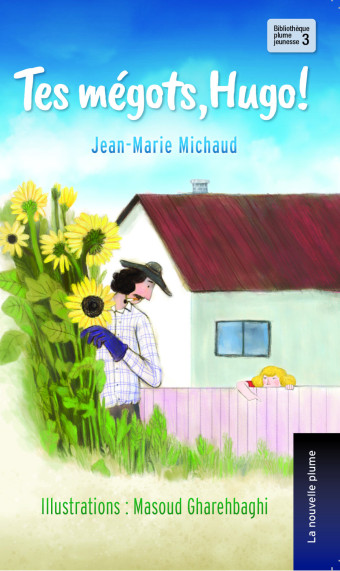The teen years are often difficult even under the best of circumstances, but for Eugenia Grimm, whose father died by suicide, whose brothers are drifting away, and whose mother abandoned her, these years are particularly brutal.
Eugenia, the main character in author Anita Daher’s latest young adult novel, You Don’t Have to Die in the End, is not making the most sensible decisions in life.

- You Don’t Have To Die In The End
- Anita Daher
- Great Plains Publications
- $14.95 Paperback, 192 pages
- ISBN: 978-17-73370-43-9
A violent incident leads to the possibility of incarceration, but fortunately she is instead sentenced to a program at a remote mountain ranch in Alberta, where she has the opportunity to turn her life around – if she makes the right choices in the face of darkness.
The novel was 10 years in the making.
“In 2009, I learned about a program in the U.S. where inmates worked with wild mustangs, gentled them, trained them, and readied them for sale,” Daher explains. “This program had a profound impact on how they felt about themselves, and how they related to others.”
Daher understood how this could work, having experience with horses herself. When she worked with her horse, she says, “the world, all my stresses, conflictions, everything, just fell away. All that mattered was our connection and communication.”
Daher began to imagine a program where young offenders worked with horses. “After I learned of Canada’s existing Intensive Support and Supervision Programs, everything began falling into place – though to my knowledge there are no current programs like my imagined one,” she says.
While Daher lives in Winnipeg, the novel is set in Alberta, due to her first-hand research. She joined horse trainer Glenn Stewart as he took a group of horse-training students to a fly-in hunting camp in the North Rockies to work with a free-range herd and strengthen their skills in natural horsemanship. “After a week in that incredible place, I couldn’t imagine setting it anywhere else,” she says.

The character of Eugenia drove the story for Daher. “When I began this novel, I thought I was writing about connection – and I was. In one way or another, all of my novels are about that,” she says.
“But in journeying with this character, stumbling with her, exploring her pain and her joys, she showed me it was about something much deeper, and that is what I wanted to share.”
Daher wants young readers to know that, while feelings can be overwhelming, we need to address our emotions in order to move forward. “Face them. Acknowledge them. Accept them. Honour them. And then live life,” she says.
In fact, Daher feels so strongly about understanding one’s emotions that she wrote a note to readers at the end of the novel.
“I wanted to allow my character opportunity to show how even though she understands that depression is an illness and that her father is not to be blamed for his suicide, it is okay to feel angry. Our emotions are honest. We can’t hate ourselves for what we feel. It is in acknowledging and addressing our truths that we can begin to process and move forward.”












